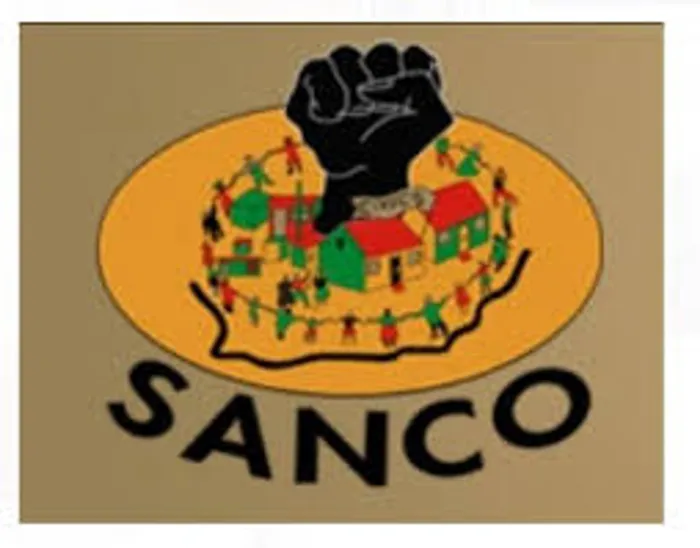Alliance partners speak on ANC heavy loss in KZN

The SACP, Cosatu and SA National Civic Organisation (Sanco) in KZN held a media briefing where they addressed a variety of issues including the election loss and the strained relationships in the alliance.
The ANC alliance partners in KwaZulu-Natal have spoken out about the drubbing suffered by the ANC in the general elections held in May.
The SACP, Cosatu and SA National Civic Organisation (Sanco) in KZN held a media briefing where they addressed a variety of issues including the election loss and the strained relationships in the alliance.
The tripartite alliance is made up of the ANC, Cosatu, SACP and Sanco.
In a joint statement, they said,”all three organisations are deeply disappointed in the disastrous performance of the ANC in KZN, pulling a meagre 17% of votes thus scoring only 14 seats in an 80-seat chamber, a drop from 54% in the previous elections.
“This is the worst performance by the liberation movement in all elections since 1994. This dismal performance followed a string of defeats over a decade, losing numerous municipal wards and municipalities to the opposition,” they said.
The statement added that the results of the 2024 elections are a symptom of a deteriorating situation in the province. “We are of a strong view that an urgent meeting of all the Mass Democratic Movement together with the officials of the alliance must be convened.”
It said the three parties agreed on further analysis of the results to establish whether it was a vote of no confidence in its leadership or the ANC itself, or just an emerging strength of the new uMkhonto WeSizwe Party (MKP).
It said among the reasons for a massive decline in support were:
⦁ Serious socio-economic crises inflicted by international and domestic dynamics like the high cost of living, unemployment, inequality and poverty.
⦁ Service delivery crises that tended to become chronic, like water, electricity, waste removal, infrastructure maintenance, etc.
⦁ Reported high rate of crime incidents and corruption.
⦁ Serious lapses in the leadership of the society, and distance between political leadership and the people.
⦁ Heavy and highly financed attack on majority rule and the pursuit of the national democratic revolution by some sections of capital. This can be interpreted as an intensification of class struggle in South Africa, over national interest.
The Mercury